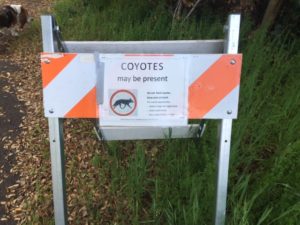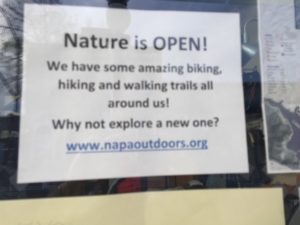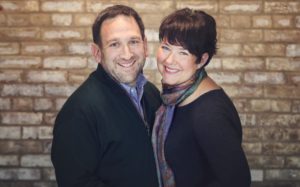Married couples worry about one another. That’s part of the deal. The person you love most in the world is often on your mind and you are on theirs.
Before Cassie’s diagnosis you could probably best describe our mutual worrying as “situational” in nature. If one of us had a big meeting or deadline at work the other shared the anxiety. If either of us was feeling crappy the other’s sense of concern was evident. Cassie would worry about Dan’s possibly unhealthy attachment to the characters in Game of Thrones. Dan would worry about Cassie eating popcorn (and only popcorn) for dinner when he traveled. Worrying for each other was a part of our life but only a small part.
Not anymore.
Now Dan worries about Cassie all the time. The past weeks she has had far less energy than normal and there is nothing he can do other than worry. Her vision has recently become a little blurry — it’s probably eye related but it sparks massive worry about a brain metastasis. Cassie’s sad, Dan worries. Cassie cries, more worry. A fun upcoming event sparks worry about energy levels. After the event there are new worries about not having something to look forward to. Cassie’s friends not checking-in enough, that’s worrisome. Friends calling too often, a different worry (sorry friends you can’t win). How do we fill our time? That’s a big worry. What if something we planned doesn’t feel as joyful or fun as we expected? Now add in Coronavirus, greater isolation, Trump and open questions about whether we as a country will seize this movement moment on racism and it feels like worry, on top of worry, on top of worry.
And it’s not just Dan who worries. Cassie is constantly concerned about how much Dan is taking on. She worries that she is not doing her share and that he will grow resentful. Cassie worries when Dan is quieter than usual then worries more about whether to say something about it. Cassie worries constantly about what the future holds even as she recognizes we have little control over it. She worries about every new ache or pain and whether to call the doctor or wait and see. She worries about Dan’s mental state, sense of loneliness and how we can best stay connected.
This isn’t situational worrying anymore it’s more like universal worrying and it can be suffocating. We are also pretty sure that this near constant and mutual worrying isn’t particularly healthy for our relationship. The other day after an emotional back and forth about what was worrying each of us, Cassie noted: “I can see why so many couples who go through this wind up getting divorced.” That’s not remotely our situation but it’s a relevant observation. A 2009 study published in the journal Cancer found that a married woman diagnosed with a serious disease is six times more likely to be divorced or separated than a man with a similar diagnosis. Among study participants, the divorce rate was 21 percent for seriously ill women and 3 percent for seriously ill men. The constant worrying, the need for even better communication, the changes in our roles and relationship and the unrelenting nature of it all. This shit is hard.
We are trying to get better at interrupting the constant voices of worry that fill our heads without minimizing the challenges in our life. We are also trying to figure out how to better raise these topics with each other. It can be hard to hear each other’s fears and concerns without reacting defensively, especially when these have to do with how we are showing up. Dan can get angry when Cassie points out he has lower energy than usual and Cassie understandably can get really frustrated when she feels like Dan is judging her self-care.
Navigating all of this worrying is really complicated. What we are learning is that like most everything else related to metastatic breast cancer, we need to be patient and gentle with each other. It seems like the goal isn’t to stop worrying (which would be impossible) but to try and not let worry consume our days. We also see that we need to better share the weight of our worries rather than each continuing to try and carry them alone. And on the up side, Game of Thrones isn’t on anymore and Dan isn’t traveling so no more popcorn dinners — it’s nice when at least some worries get resolved.



